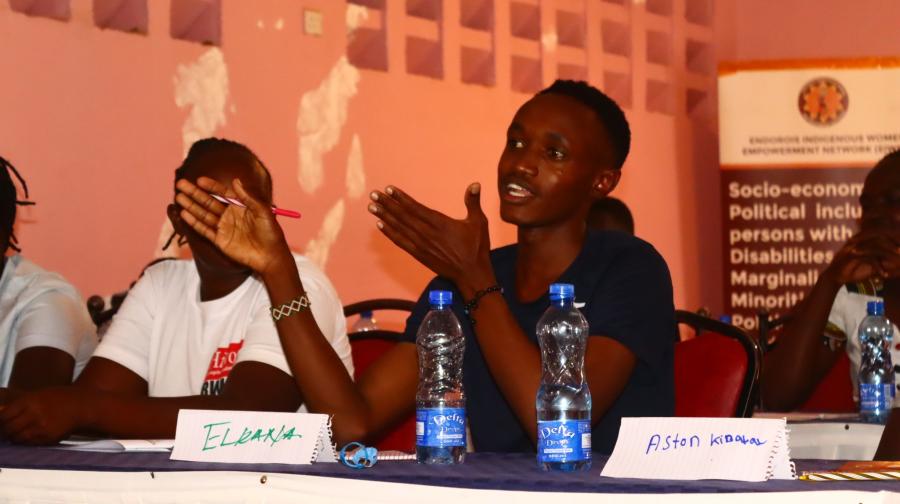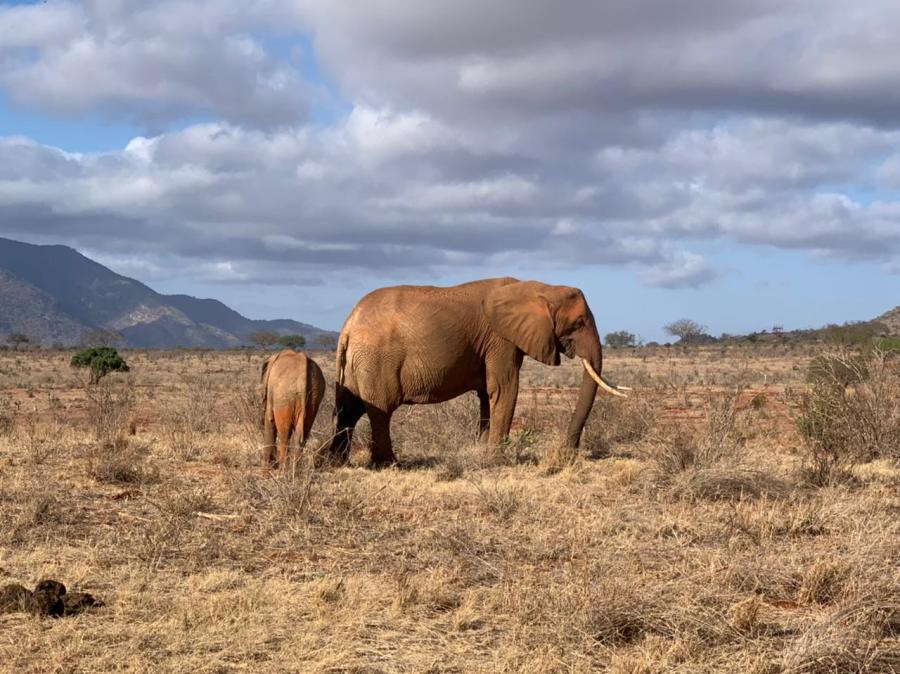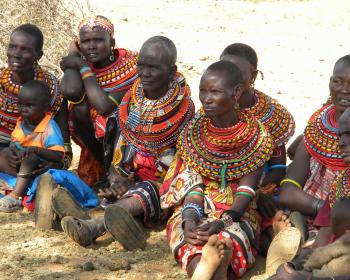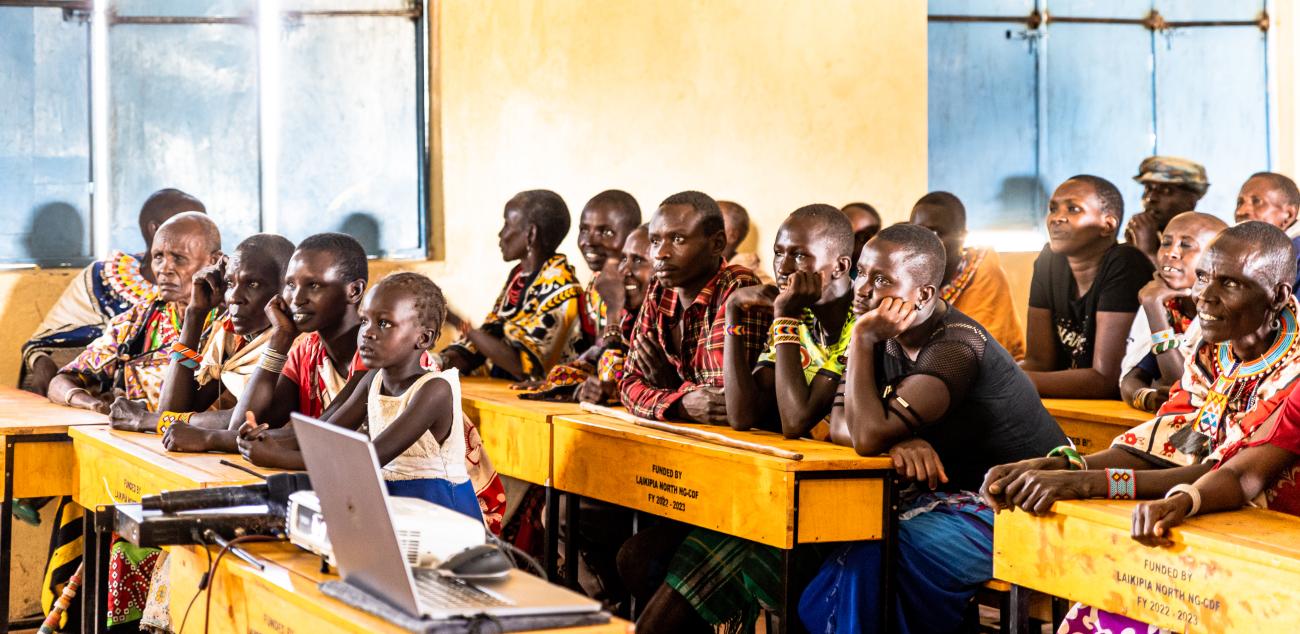
By Laissa Malih, Coordinator/Filmmaker of Massai Cultural Heritage
The Maasai people, known for their rich cultural tapestry and deep-rooted traditions, face a significant challenge: the erosion of their heritage. To counter this, the Maasai Cultural Heritage (MCH) Foundation initiated the "Wisdom of the Maasai" project, known as "Engeno Le Maa" in the local dialect. Funded by Cultural Survival under the Community Media Fund, the initiative aimed to document and preserve the essence of Maasai culture through film and photography.
The project was prompted by concern about the disconnect between the younger generation and their ancestral roots. Urbanization and modernization are reshaping lifestyles, putting the traditional values and practices of the Maasai culture at risk of disappearing. The MCH Foundation sought to bridge this gap by capturing the beauty and wisdom of the Maasai way of life.
"We wanted to capture some aspects of our traditions and practices that have made our identity as the Maa-speaking people so strong,” said John Ole Tingoi, Chairman of MCH. The goal was to create a powerful visual narrative that would resonate with the Maasai community and the wider world, showcasing the unique skills, knowledge, and artistic expressions that have defined the Maasai for centuries.
The project focused on documenting various facets of Maasai life, from traditional beadwork and attire to the craftsmanship of blacksmiths, known as IL-kunono. Deeply intertwined with the Maasai worldview, these practices were captured on film and through photographs, providing a comprehensive record for future generations.
"We wanted to use these materials as an educational tool for our children and youth," Tingoi said. The project aimed to inspire a renewed sense of pride and belonging among young people by showcasing the beauty and complexity of Maasai culture. By highlighting the wisdom and resilience of their ancestors, the project hoped to encourage the youth to embrace their heritage and become active participants in its preservation.
The MCH Foundation, a community-based organization with a 12-year history of working with Indigenous communities, brought a wealth of experience to the project. Their deep understanding of the Maasai people and their challenges, combined with their expertise in documentation and media production, proved invaluable.
"MCH has been documenting the Traditional Knowledge of the Indigenous community of the Maasai and Samburu that today the modern world is coming back to; for example, the traditional medicinal herbs," Tingoi said. The organization's commitment to preserving Indigenous knowledge and promoting sustainable development aligned perfectly with the goals of the "Wisdom of the Maasai" project.
To ensure maximum impact, the project included community screenings of the documentaries and photographs in key Maasai areas such as Laikipia, Kajiado, Samburu, and Narok. These screenings provided a platform for dialogue and reflection, allowing community members to share their thoughts and perspectives on the project.
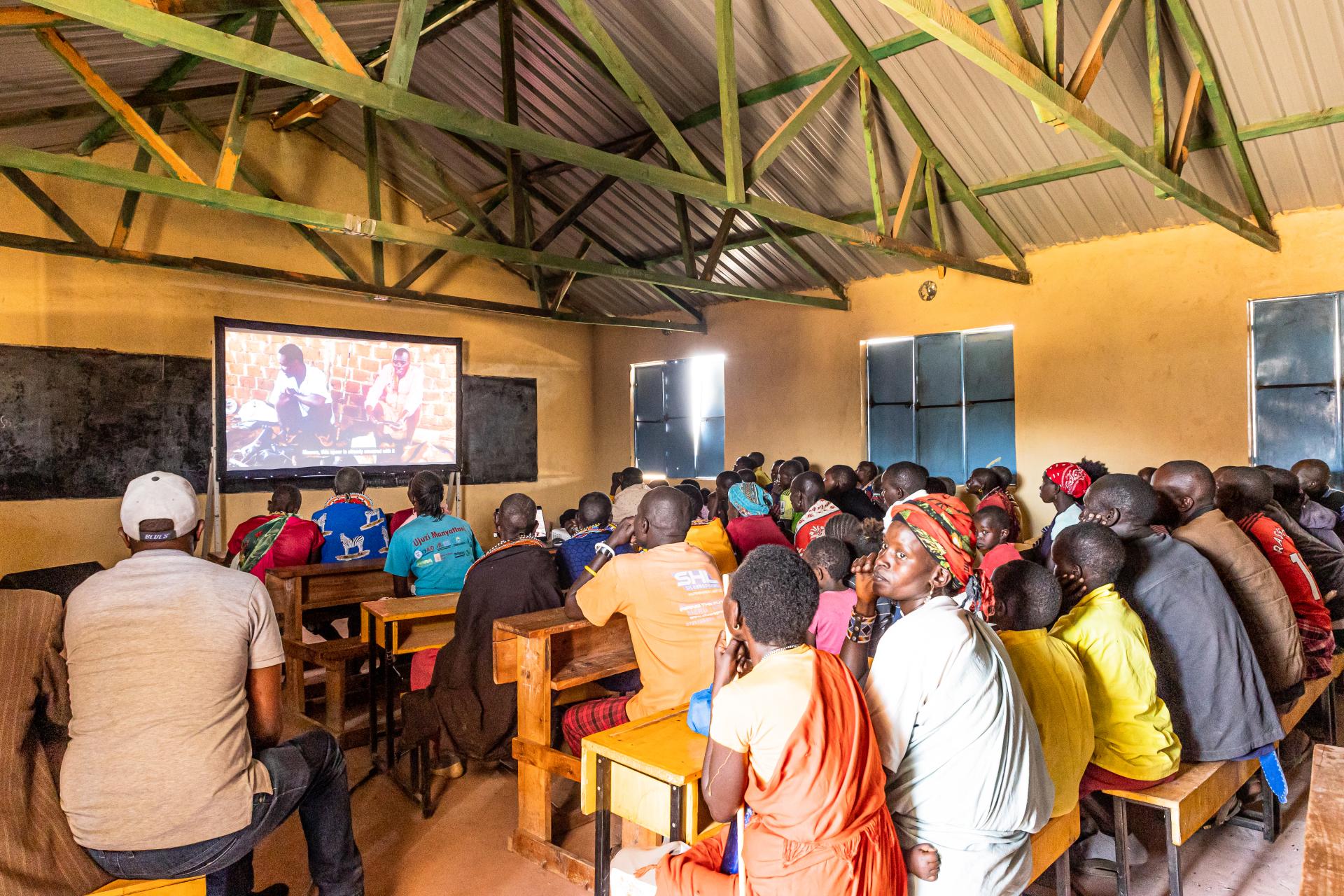
"We engaged with Elders and chiefs in each and every place we went,” Tingoi said. Their input was crucial in shaping the project's direction and ensuring it accurately represented the community's values and aspirations.
The community's response was overwhelmingly positive. "Thank you for coming up with such initiatives as creating documentaries, as this will be a library for future generations," said Lesonkoi Stanley, Chief of the Waso area.
Along with its successes, the project faced challenges. Unforeseen events such as floods and political unrest disrupted the filming schedule and increased production costs. Despite these obstacles, the MCH Foundation persevered, demonstrating their dedication to the project and unwavering commitment to preserving Maasai heritage.
The "Wisdom of the Maasai" project represents a significant step forward in protecting and promoting Maasai culture. By documenting and showcasing the rich tapestry of Maasai traditions, the project has created a valuable resource for future generations and has also sparked a renewed sense of pride and ownership among the community.
As the project continues, the MCH Foundation plans to keep documenting Maasai culture and expanding its reach. They hope to collaborate with Cultural Survival and other partners to ensure the long-term sustainability of their work. By empowering the Maasai people to tell their own stories, the MCH Foundation is helping to create a brighter future for future generations.
"We need a specific cultural ceremony documenting how elders blessed the rivers as they prayed for rains," said Lekurende Nkiriki from Waso. This request highlights the ongoing need for documentation and the importance of capturing the nuances of Maasai culture before it is lost forever.
The "Wisdom of the Maasai" project is a testament to the resilience and determination of the Maasai people and a beacon of hope for those who believe in the preservation of Indigenous cultures.
Watch here the documentaries produced:
In 2024, Maasai Cultural Heritage (MCH) Foundation received a grant from Cultural Survival’s Indigenous Community Fund, which provides opportunities for international Indigenous radio stations to strengthen their infrastructure and broadcast systems and creates training opportunities for journalism, broadcasting, audio editing, technical skills, and more for radio journalists from Indigenous communities around the world. In 2024, the Indigenous Community Media Fund supported communities with 60 grants totaling $450,000 to Indigenous community media in 20 countries, supporting 87 Indigenous Peoples.
